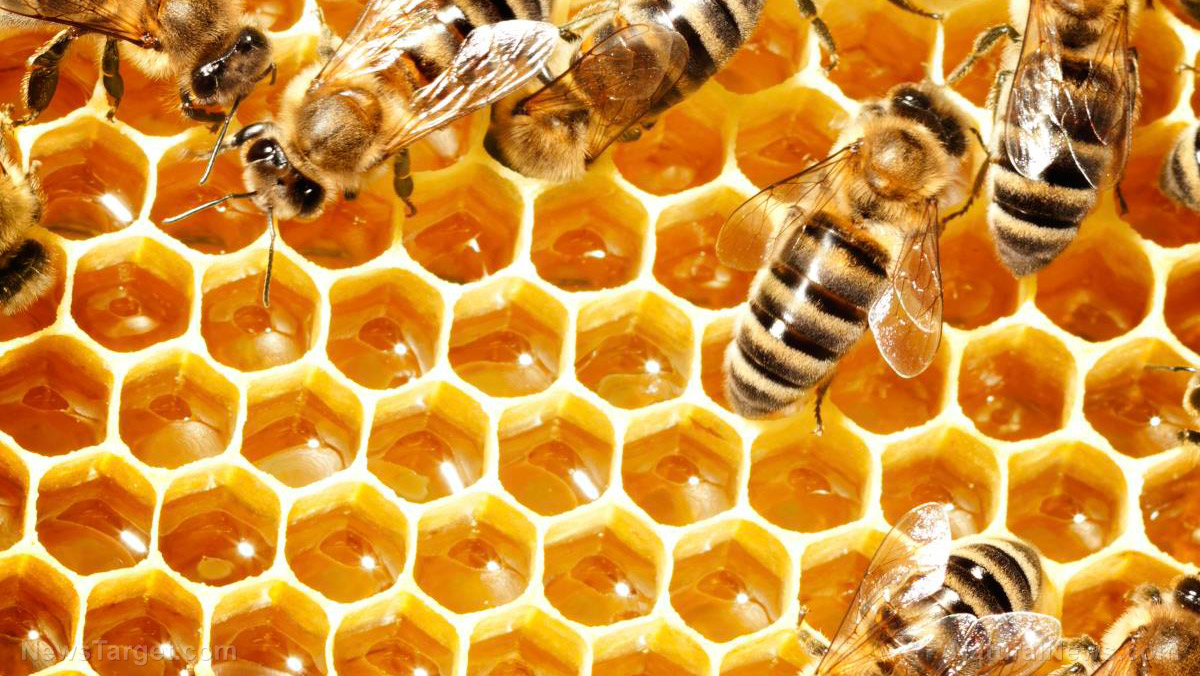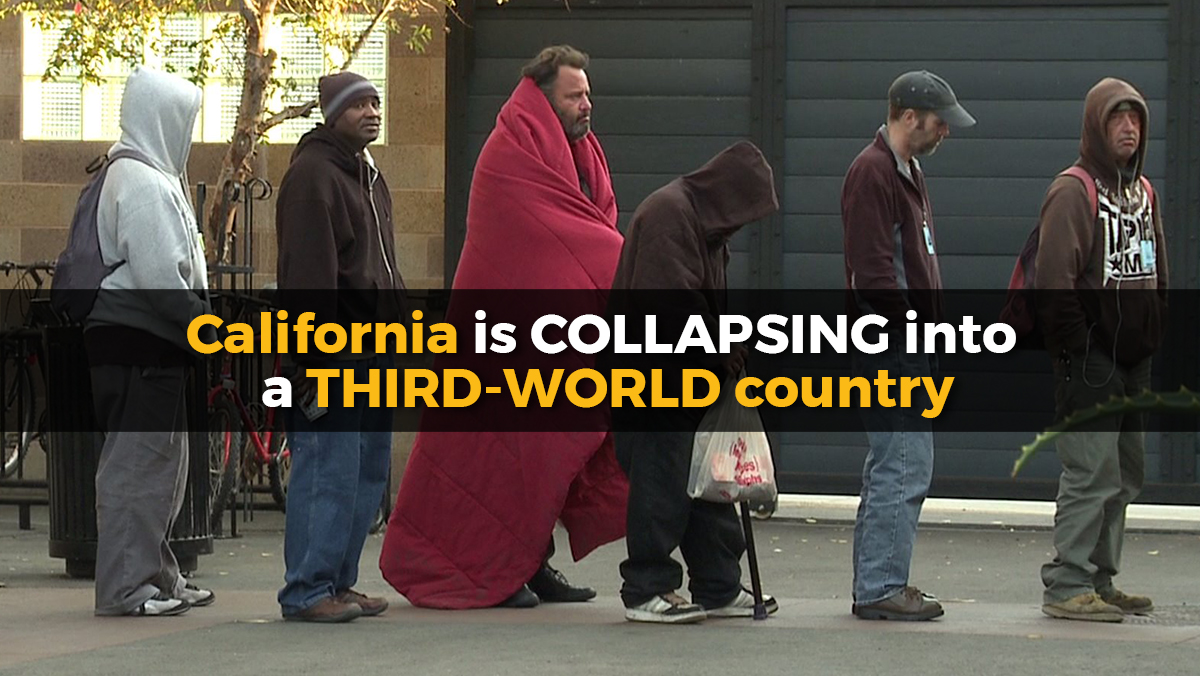Putting it bluntly: If all bees die, humanity will soon follow
07/08/2018 / By Vicki Batts

As bee populations continue to dwindle, concerns about what will happen after one of the world’s most important pollinators vanish without a trace are running high. Worldwide, bee species are finding themselves on “endangered” lists, with total extinction getting closer. Even in the U.S., native species like the rusty patched bumble bee is teetering “on the brink of extinction.” Without bees, humanity’s days will be numbered. And when mass extinction faces the human race, we’ll have no one to blame but ourselves.
Bees don’t just make honey; as pollinators, they contribute to our own food-growing efforts. Without them, the food supply would suffer indefinitely. And studies have shown that the pollinating efforts of bumblebees are virtually irreplaceable.
Extinction spells disaster
Approximately one-third of the food we eat is pollinated by insects — and bees are responsible for 80 percent of that pollination activity. Some of the crops we enjoy thanks to bees include: apples, blueberries, cherries, cranberries, strawberries, blackberries, raspberries, kiwi, plums melons, cucumber, tomatoes, peppers, onions, potatoes, squash, pumpkin, zucchini, alfalfa and green beans.
Further, bees help pollinate food grown for livestock. Without them, produce availability for both humans and animals will drop.
Ultimately, this means bee extinction would be felt across the food industry, and not just the produce section.
There are 20,000 known species of bees; the winged insects are found on every continent (with the exception of Antarctica) — and an increasing number of them are finding themselves on the fast track to total decimation. In 2016, seven species of Hawaiian bees were put on the endangered species list.
Get CLEAN FOOD and help support our mission to keep you informed: The Health Ranger Store lab verifies everything we sell with accredited testing for heavy metals, microbiology and food safety. Certified organic facility, ISO-accredited on-site laboratory, no GMOs or synthetic ingredients. The world's #1 source of lab-verified clean foods and superfoods for nutritional healing. 600+ products available. Explore now.
Shortly after in 2017, the rusty patched bumblebee was deemed endangered as well. Bumblebees are known for being the top bee for pollination, and studies show that once they’re gone, there will be no substituting them.
And this is just a list of U.S. species: The threat to bees worldwide has continued to grow.
Bees under siege
Some say that the mass decline in bee populations can be attributed to many factors, but there are two key players that bear the brunt of blame: toxic agrochemicals, and a dwindling natural food supply.
Neonictinoid (neonic for short) pesticides are known for being especially problemetic for bees. Neonics are so hazardous that the European Union recently announced that the bee-harming pesticides would be banned entirely.
Glyphosate is another agrochemical that’s toxic to nature’s best pollinators. The active ingredient in Monsanto’s star herbicide, Roundup, glyphosate is known for producing a myriad of ill effects across the spectrum. Glyphosate has been shown to reduce cognitive capacity in bees, impairing their ability to forage for food and impeding successful return to the hive.
Unsurprisingly, studies have also shown that bees exposed to toxic pesticides, like neonics, are more susceptible to the effects of a rapidly disappearing food supply. The effects of malnutrition are more harmful to bees exposed to toxins, and together, this sharply increases their risk of death.
It’s not just bees that are being harmed by reckless human activity; the entire insect world is feeling the ramifications of pesticides, chemical fertilizers, deforestation and other acts of destruction dealt by human hands.
In 2017, Mike Adams, Natural News founder and director of CWC Labs, reported that insect species across the board were on the decline. A shocking 75 percent of insect biomass had disappeared in under three decades.
“Humanity, it seems, has broken the planet, and the mass die-offs are now impossible to ignore,” the Health Ranger contended. When will enough be enough?
Stay up-to-date with the latest news on the world’s most important pollinators at Bees.news.
Sources for this article include:
Tagged Under: agrochemicals, bee depopulation, bees, Collapse, colony collapse disorder, depopulation, disaster, extinction, food chain, food collapse, food supply, herbicides, honeybees, pollinators, starvation, survival
RECENT NEWS & ARTICLES
COPYRIGHT © 2017 COLLAPSE.NEWS
All content posted on this site is protected under Free Speech. Collapse.news is not responsible for content written by contributing authors. The information on this site is provided for educational and entertainment purposes only. It is not intended as a substitute for professional advice of any kind. Collapse.news assumes no responsibility for the use or misuse of this material. All trademarks, registered trademarks and service marks mentioned on this site are the property of their respective owners.




















